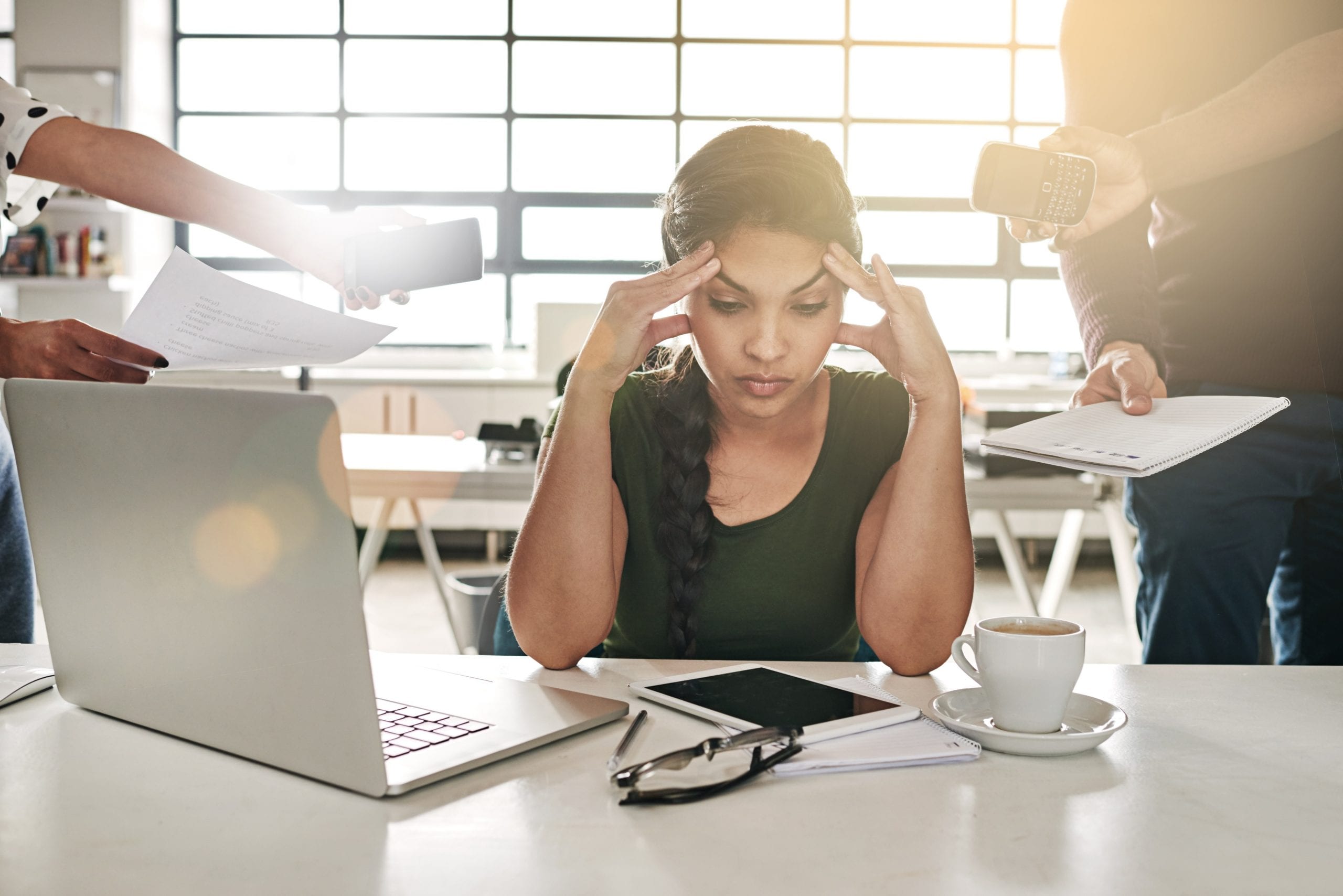While the world is suffering from this virus, it can be challenging to maintain one’s mental health. Perhaps we are isolated with others that might cause conflict or we might be passionate about our work or other aspect of our life that we now can’t commit time to.
It is vital that we maintain good healthy habits for our physical and psychological health. Follow these tips to achieve just that!
Try to engage with the outdoors
Studies show that time spent outside in green spaces has amazing effects on our stress levels, mood and mental fatigue. You can engage by simply going out and planting some vegetables. Maybe pull out some weeds or take your dog for a short walk. It can even be standing outside and staring at the stars for a moment and see how many star constellations you can find!
Grab a book
Reading is great for our cognitive functions. I don’t suggest reading a medical book or a mystery crime, but maybe something more light hearted, entertaining or even inspirational. Perhaps there’s a magazine article you’ve been meaning to have a look at or a blog post that stood out to you that you never got the chance to read. Print it out and read it outside!
Spotify your heart away
Studies have found that music influences our moods at a level that we aren’t even aware of. It has a truly phenomenal impact on our subconscious, heart rate and emotions. While your stress levels are likely to be much higher than normal, classical music or some light indie vibes can help bring them back down. If you have a green lawn, put on some headphones, lie down and just stare at the clouds passing by while you listen to some light music. You’ll be amazed how much better you feel afterwards!
Exercise
Physical exercise releases endorphins and endorphins make us feel good! The exercise can be light and fun, you don’t have to do a high intensity interval training session. In fact its probably better if you don’t – physical exercise is a kind of stress on your body. So keep it fun, keep it light and enjoy yourself.
40 Winks
It’s easy to lose sleep when you’re worried about your job, study, family and friends as well as lacking that social support system that we take for granted. Sleep is crucial for your health, both physical and psychological. A good eight hours is recommended and if you need help to get to sleep, put a drop of lavender oil on your pillow or listen to some binaural beats as you fall asleep. Don’t have your phone in the room either unless it’s on aeroplane mode an arm lengths away from your head.
Stay sane, fellow students!










